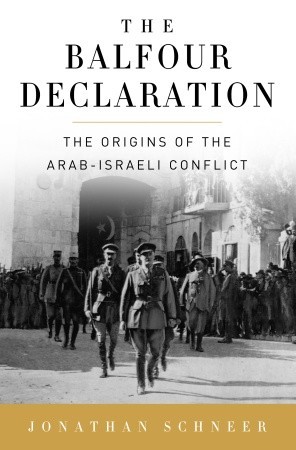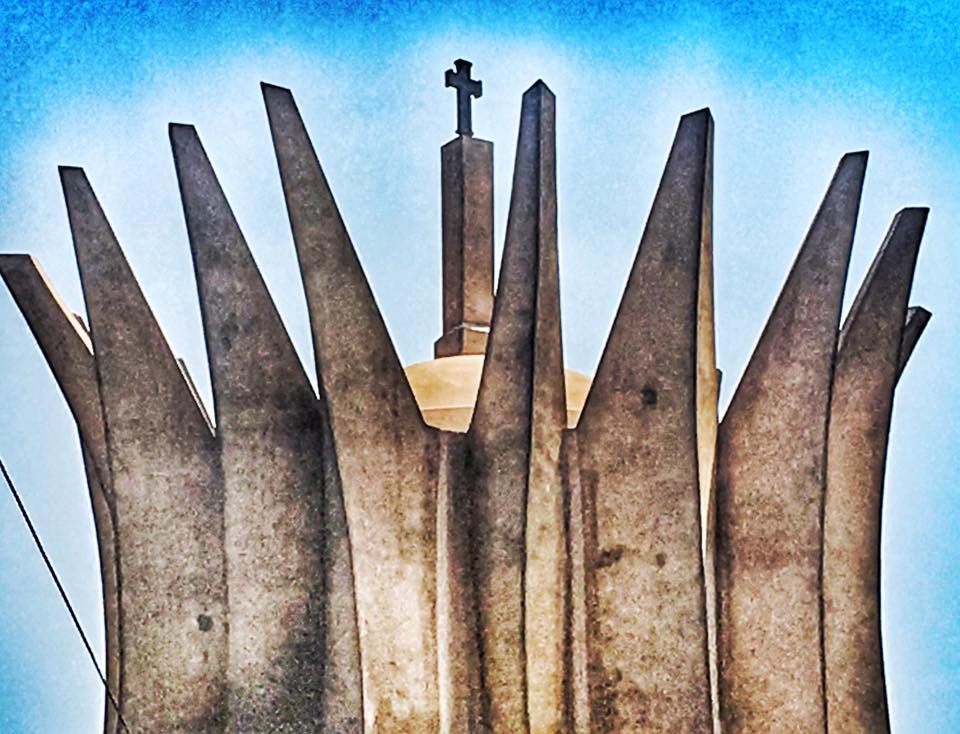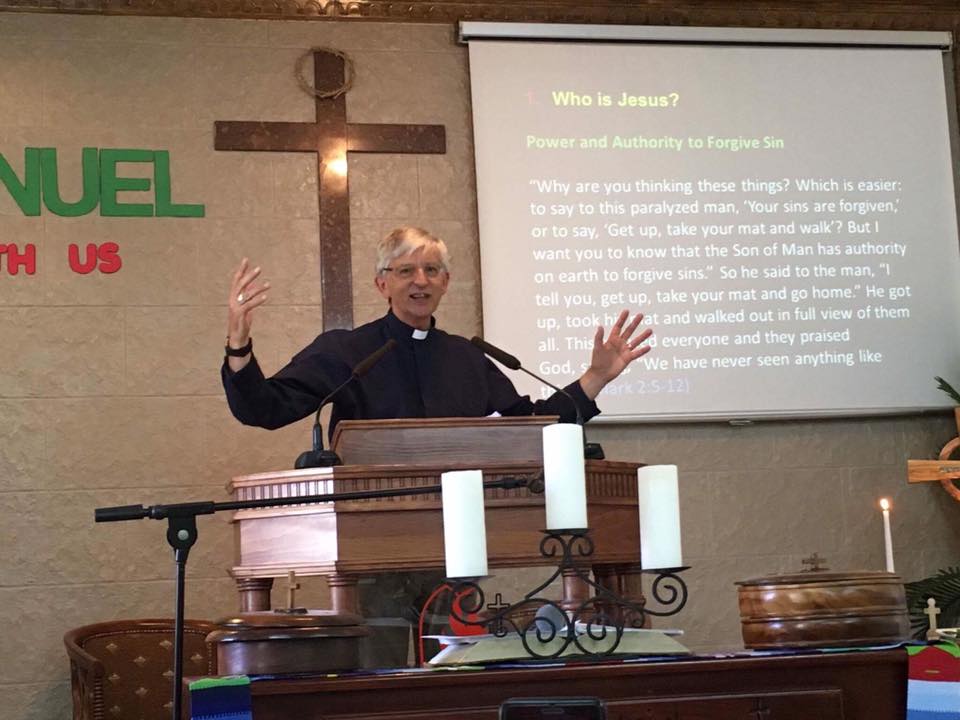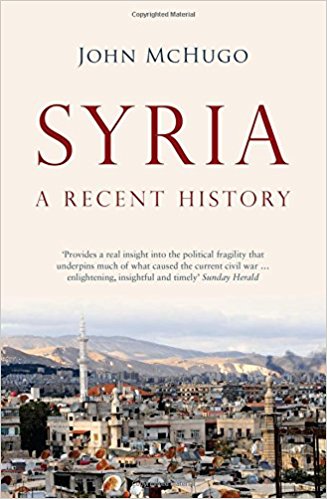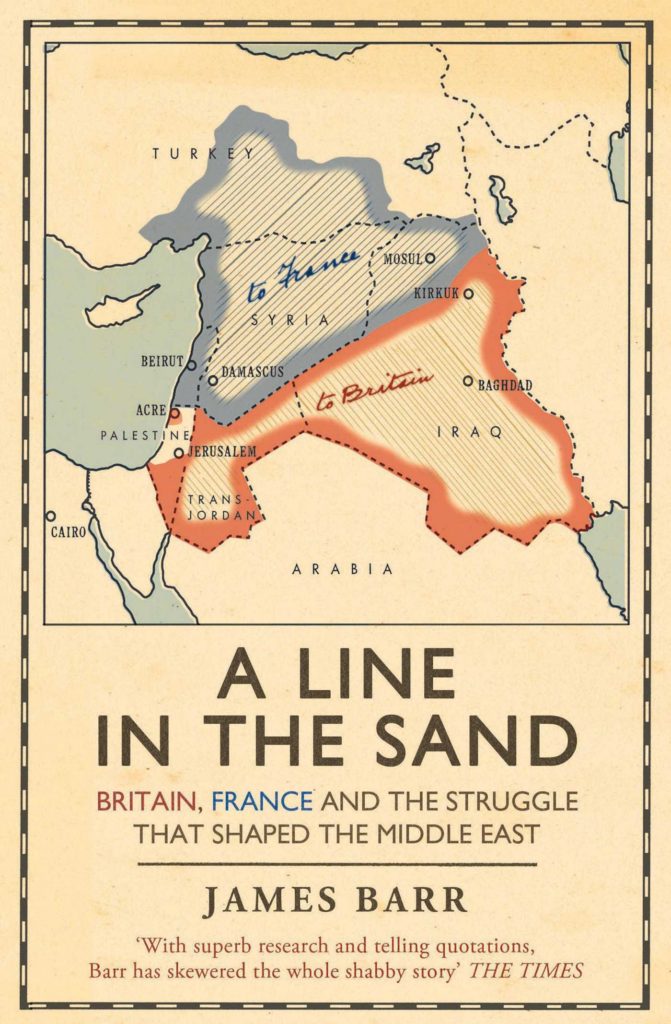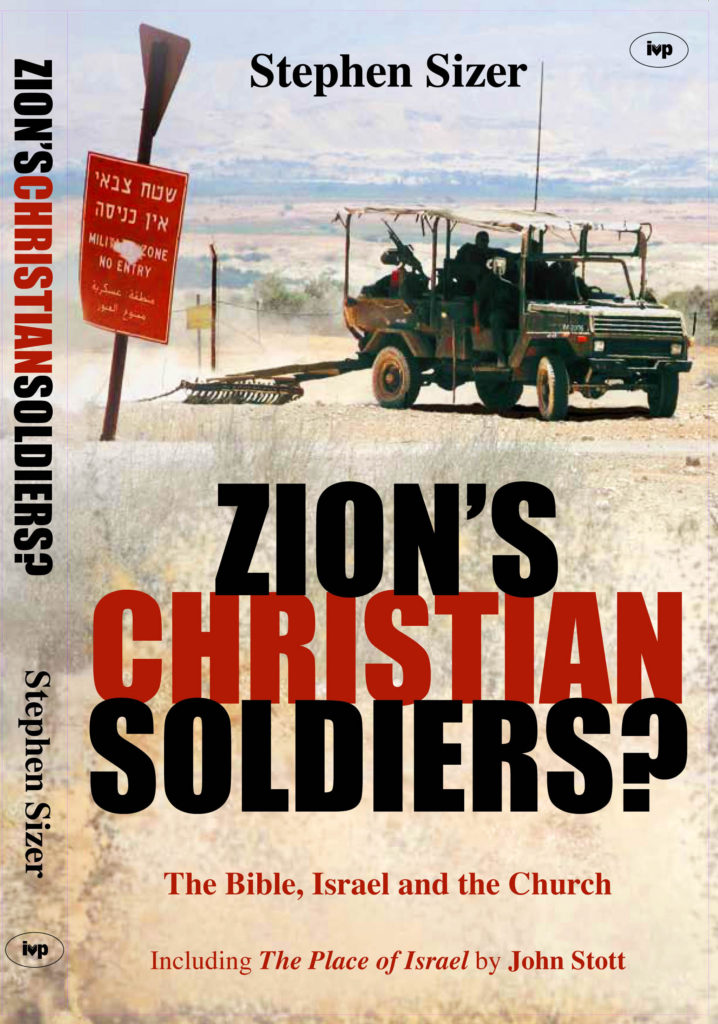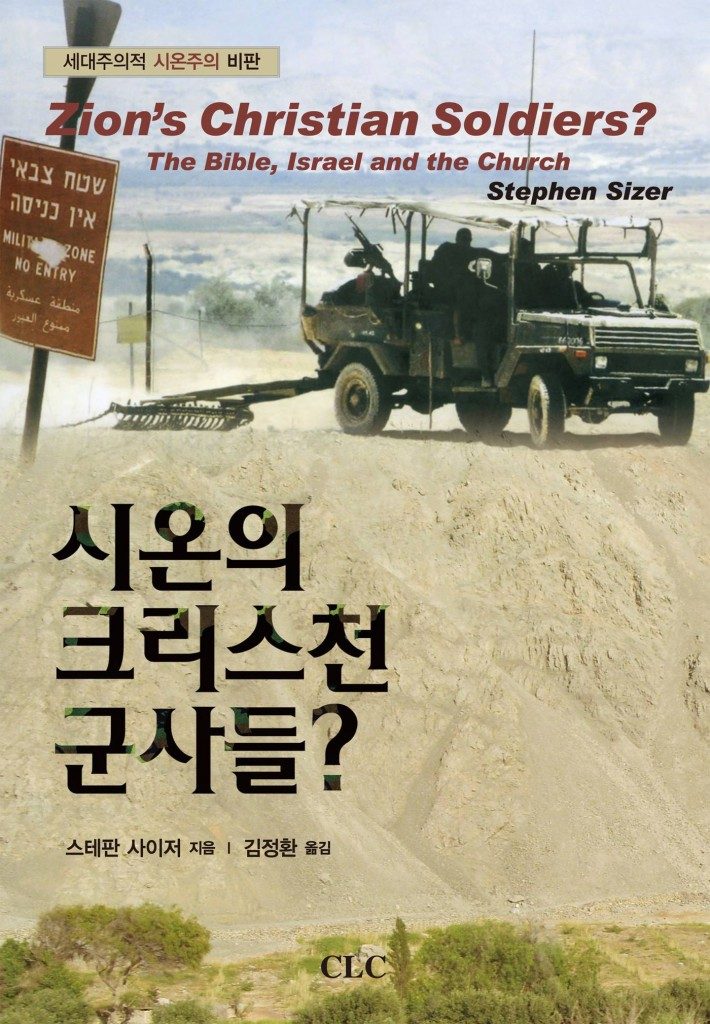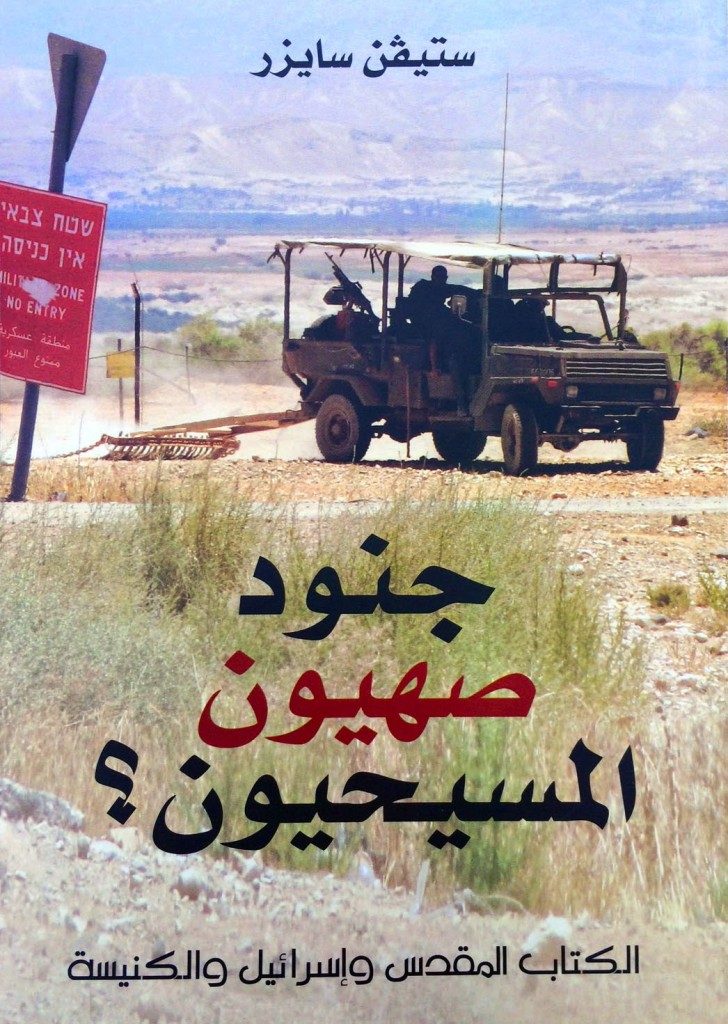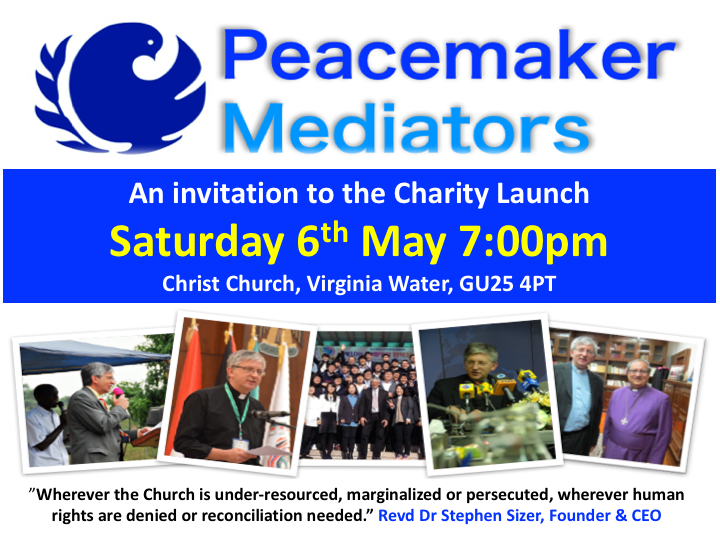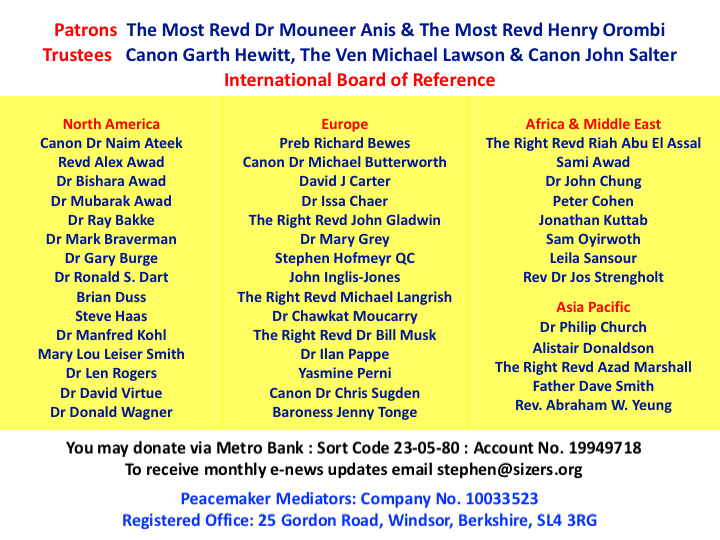The late Tony Judt described this book as ‘the best modern history of the Balfour Declaration,’ and Eugene Rogan of Oxford sees it as ‘the most original exposition of the Balfour Declaration to date.’ It deserves a wide circulation as we live through the centenary of the Balfour Declaration on 2 November, 2017. The author, Jonathan Schneer, is an American historian who specialises in modern British history and teaches at Georgia Tech’s School of History, Technology, and Society.
This is an attempt simply to summarise the contents of the book with a number of quotations. If it were a review, my only criticism of the book would be that, in concentrating so much on the politics behind the Declaration, there is no discussion of the religious beliefs of key players like Lord Balfour and David Lloyd George which made them so open to supporting Zionism.
The Balfour Declaration (BD) needs to be understood in the context of World War I
By the time the BD was issued on 2 November 1917, Britain and Germany had been at war for over three years. Millions had been slaughtered in the trenches and neither side seemed to be winning. The Battle of the Somme had been fought between 1 July and 1 November, 1916, and Passchendale between July and November, 1917. The British government was seeking for ways to turn the tide in the war. Some in the cabinet believed that all their energies should be concentrated on the western front on the continent (‘the westerners’), while others believed that new initiatives in the Middle East could break the deadlock and give Britain the advantage (‘the easterners’). After the fall of the Asquith government in December 1916, Lloyd George, an easterner, became Prime Minister.

